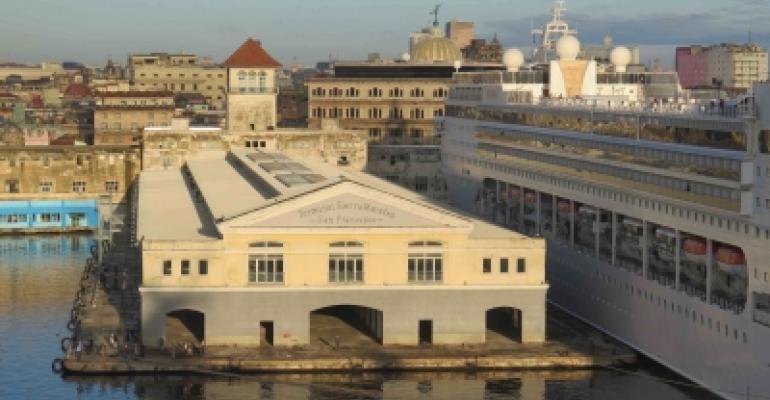Carnival Corp., Royal Caribbean Group, MSC Cruises and Norwegian Cruise Line Holdings in a joint hearing this week put forward their motion for summary judgment in a 77-page omnibus presentation.
Lawsuits under Title III of Helms-Burton Act
They're each being sued under Title III of the Helms-Burton Act by Havana Docks Corp., which holds a US-certified claim to piers that were nationalized after the 1959 Cuban revolution.
The Trump administration abruptly shut down US-Cuba cruise travel in 2019, then made the long-dormant Title III operative. This allowed US citizens and legal entities with their principal place of business in the US to seek compensation for the use of properties appropriated by Cuba's communist regime.
Carnival was the first US-based company sued, and cases have been working their way through the courts ever since.
The defense arguments
At US District Court in Miami, attorneys for Carnival, Royal Caribbean, MSC and NCLH argued their ship calls at the Havana facilities did not qualify as trafficking in stolen property. Their defense fell into two main categories: that cruise travel to Cuba was lawful at the time/use of the terminal was required by Cuba, and disputing the validity of Havana Docks Corp.'s claims under Helms-Burton.
The defendants said cruise travel to Cuba had been encouraged at the highest levels of the US government when the Obama administration in 2015 eased restrictions on travel and trade. Travel to Cuba became lawful, and docking at the piers and use of the terminal was contractually obligated by Cuba, they said, presenting evidence that requests to anchor or tender in Havana or to use the container terminal were denied. Therefore, they argued, docking at the cruise terminal was necessary for lawful travel.
Challenges to Havana Docks Corp.'s property interest
The cruise lines also claimed Havana Docks Corp. never owned the piers but, instead, held a non-exclusive right to operate a cargo business there and alleging the company misrepresented its property interest to the Foreign Claims Settlement Commission. And they asserted Havana Docks Corp. President Mickael Behn's principal place of business is London, where he lives, not the US, though his Helms-Burton claim listed Kentucky as his principal place of business.
US District Judge Beth Bloom is hearing the case.
Thanks to John Kavulich, president of the US-Cuba Trade and Economic Council, for providing the court filing.
Copyright © 2024. All rights reserved. Seatrade, a trading name of Informa Markets (UK) Limited.
Add Seatrade Cruise News to your Google News feed.  |

